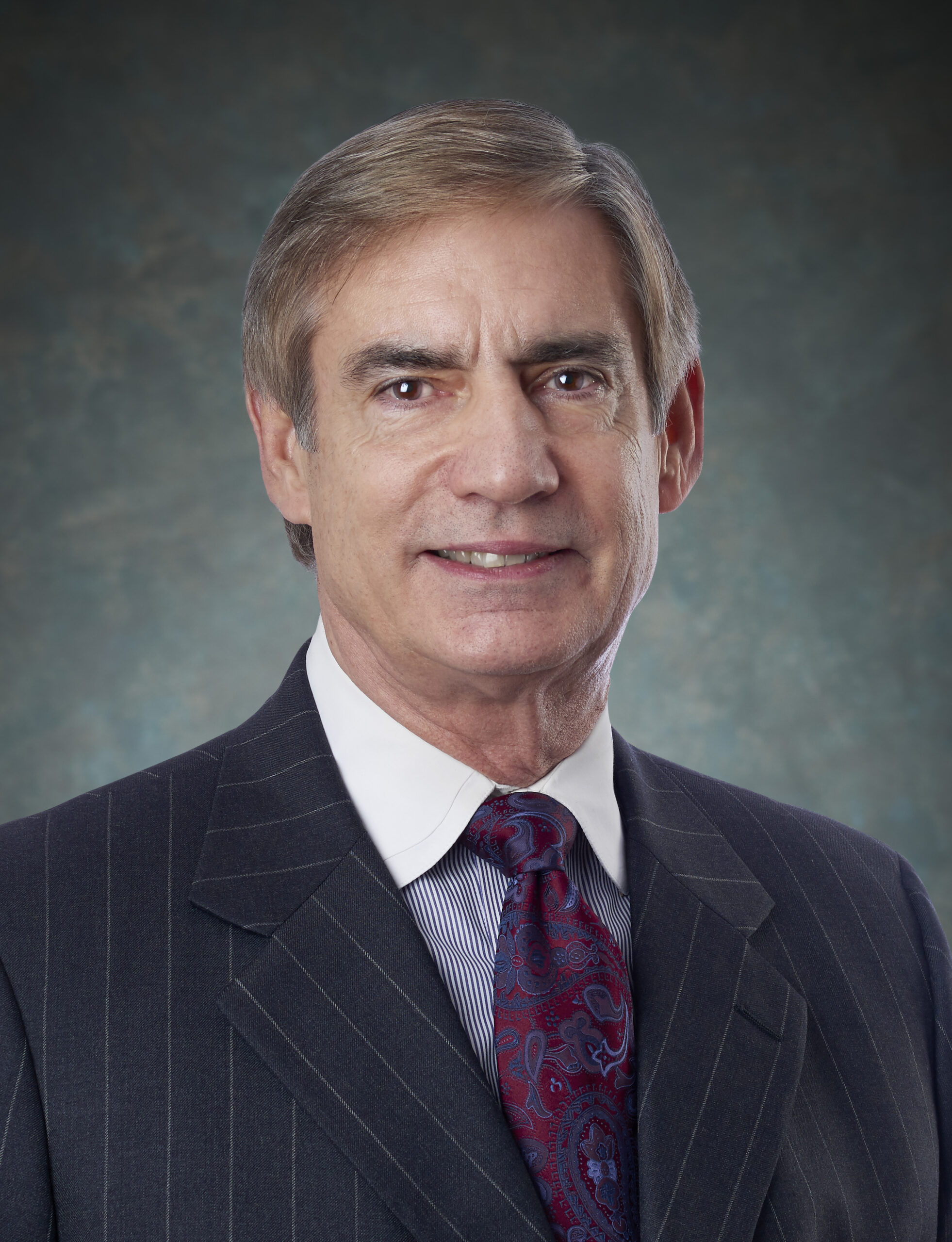Jean-Marie Vidal, the primary shareholder of the franchisee, became interested in opening a Mango store in the U.S. as early as 1999, after visiting a Mango store in Europe. Shortly thereafter, Vidal began exploring the possibility of acquiring a Mango franchise. He began aggressively pursing a Mango franchise from Punta Fa in 2001. The parties had a number of exchanges, but as an experienced international franchisor Punta Fa said it would not be ready to enter the U.S. market until 2005. Vidal, an experienced retail executive, was persistent and the parties eventually moved forward with the deal. During this time, Punta Fa established Texdis as its U.S. franchisor and distributor.
In April, 2005 Vidal went to Barcelona and met with Punta Fa’s Director of International Franchising and Texdis’ Vice President of International Expansion for the U.S. to discuss preparations for his franchise in Washington state. Vidal alleged that around the time of this meeting Texdis’ Vice President told him that the Mango store would generate sales of approximately $3 million.
Vidal had created his own sales forecast for the franchise in February, 2005, a few months before Texdis made the alleged misrepresentation to Vidal. Vidal predicted his franchise would have $5 million in annual sales. In July 2005, Texdis delivered a UFOC, which had been required in Washington, that contained a disclaimer of any earnings claim. A UFOC was a form of franchise disclosure document. Vidal received the UFOC more than three months before he ultimately signed the franchise agreement.
When the franchise opened, it did not live up to Vidal’s expectations and he closed the store within two years. He then filed the lawsuit against Texdis. The court granted Texdis’ motion for summary judgment on the earnings claim issue because it found that Vidal could not show that he actually relied on the earnings claim, or that such reliance was reasonable.
Vidal’s aggressive pursuit of the franchise, his own optimistic sales forecast, and Texdis’ disclaimer weighed against a finding of reasonable reliance. Due to its careful business practices, Texdis was able to avoid liability under Washington’s franchise statute.
Carl Zwisler, IDI franchising Country Expert for U.S.A. and Maisa Jean Frank, Gray Plant Mooty.
